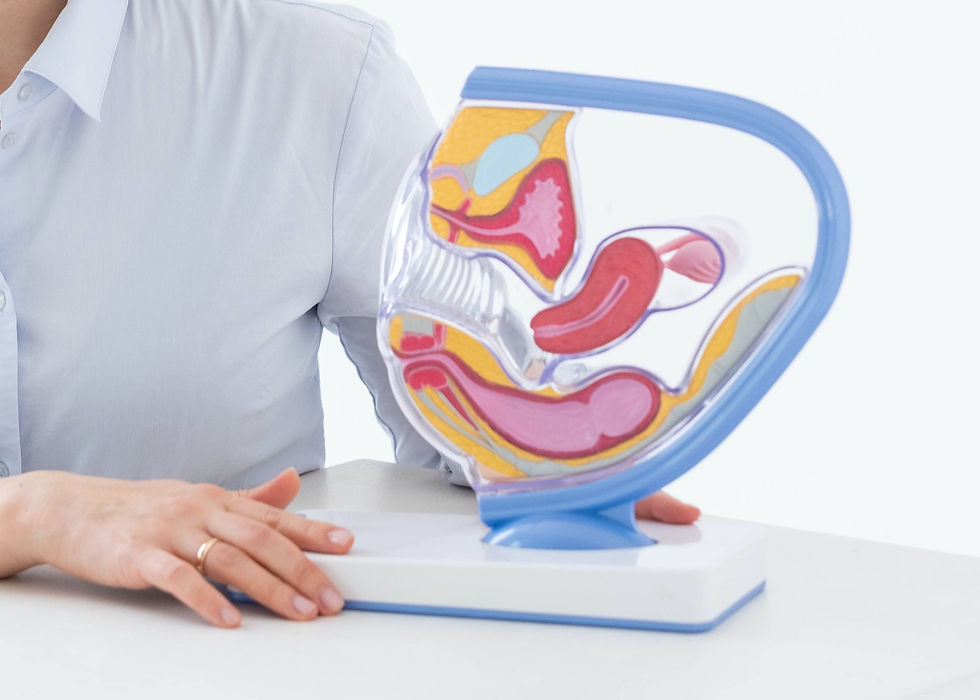Antibodies
- Alan Frischer, MD, MPH

- Jul 9, 2020
- 3 min read
At one point, early on in the pandemic, I found myself actually hoping to get a very mild case of COVID-19, develop antibodies, and be forever protected from getting it again or infecting my loved ones. As it turns out, this looks like it would have been a very, very bad plan.
Does a prior infection protect us from a second infection by the same coronavirus? This has enormous implications about the development of an effective vaccine, and it also impacts the likelihood that we will achieve herd immunity. Herd immunity is reached when a large enough portion of the population is immune to a disease, so that the spread is controlled. Typically, between 70% and 90% of a population would need to be immune. This could be accomplished by having a vaccine, or by having sufficient numbers of people get the disease and develop lasting antibodies.
In the news, we’ve been hearing about two different types of testing. The nasal swab PCR test has been used on over 20 million people in this country. This test detects the genetic code of the SARS-CoV-2 virus in the body, and a positive result shows that you have the infection, are potentially contagious, and MUST isolate until you test negative or meet CDC criteria for being symptom free. In contrast, the IgG antibody test measures the body’s immune response to the infection. Antibodies may appear after the infection is resolved, or even while you are still infected.
Does the presence of antibodies prevent a new coronavirus infection? The answer is a decisive…maybe. And, we don’t know how long these antibodies stick around. For many diseases, once we get the disease or a vaccine, antibodies protect us for many years, or even for a lifetime. This is not necessarily the case with COVID-19.
There are a number of different antibody tests on the market, and their accuracy varies quite a bit. The most significant problem is with false positive results, meaning that the test may show the presence of antibodies when there really aren’t any. This gives a false sense of protection.
After the infection resolves, what happens to antibody levels? Scientists in China have had longer to study the virus than others. A new Chinese study shows that antibodies faded quickly in both symptomatic and asymptomatic COVID-19 patients. There were steep declines in antibody levels in more than 90% of both groups within two to three months of the onset of infection. 40% of the asymptomatic group had no antibodies eight weeks after they were released from isolation. Are reduced levels of antibodies enough to protect us against future disease? We don’t know yet.
Other new studies confirm that within weeks to three months after recovery from a COVID-19 infection, patients lose the antibodies that confer immunity. And, while most people who were infected do initially produce antibodies, 10% produced none.
These study results are fascinating and potentially very disturbing. Antibodies in those who recovered from SARS and MERS, two other viruses in the coronavirus family, lasted for nearly a year. Without lasting antibodies, we could become infected by COVID-19 again and again, and herd immunity would be far more difficult to reach. Furthermore, if a vaccine is indeed developed that makes antibodies, for how long will that vaccine remain effective?
The studies I have referred to here are small and preliminary. Much more research is being conducted so that we can have the answers we need. So, stay tuned…and stay safe!


